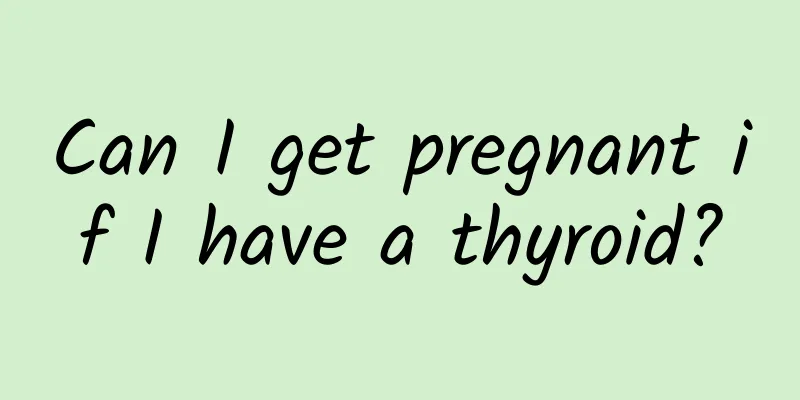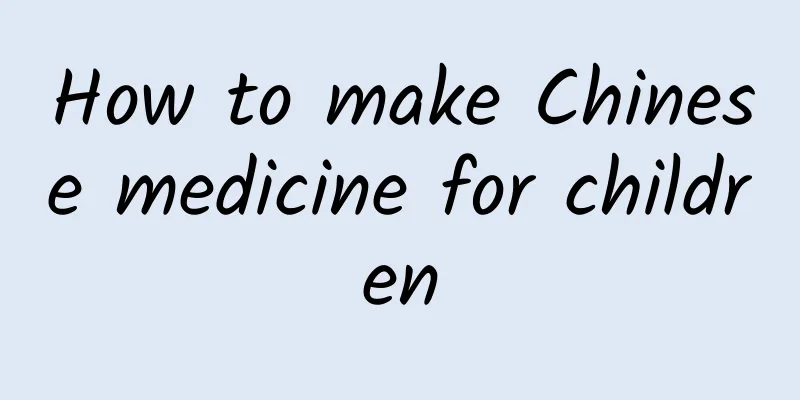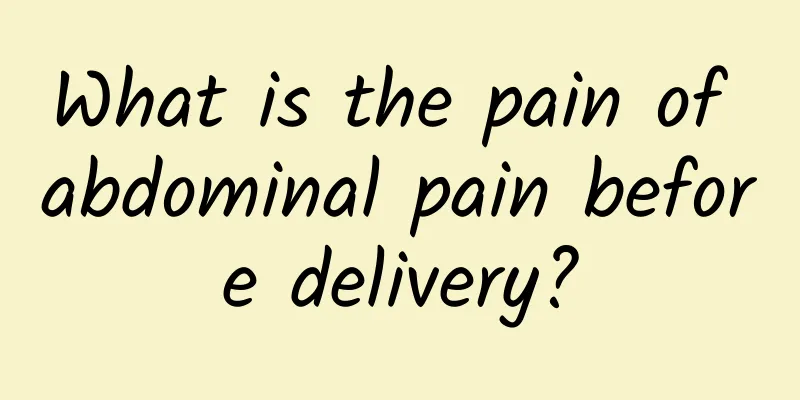Sudden chest pain, which goes away after a while

|
If we do strenuous exercise or just walk on the road, we will experience chest pain. This is normal if our body suffers from some heart disease. But many friends know that there is nothing wrong with their bodies. In fact, if we encounter sudden chest pain, but it goes away after a while, it is most likely caused by accidentally pulling the chest muscles. Therefore, when you have chest pain, you can promptly identify the cause of the pain, take effective measures, and receive timely treatment to avoid delays in the disease and serious consequences. Today I will take a look at the "fatal" causes that may cause chest pain. Angina or myocardial infarction These two diseases are the most common causes of chest pain in daily life. They are both clinical syndromes caused by coronary artery insufficiency and myocardial ischemia and hypoxia, and the pain locations are similar, but the pain of myocardial infarction is more severe and persistent, lasting for several hours, and is often accompanied by serious complications such as shock and heart failure. Regardless of the disease causing the chest pain, the first thing to do after the attack is to rest and stop activities, and at the same time take appropriate analgesics, vasodilators and other drug treatments. If the symptoms cannot be relieved, call 120 immediately and receive intervention, thrombolysis or surgical treatment from a cardiologist to restore blood flow and protect heart function. pneumothorax Pneumothorax is one of the common diseases in thoracic surgery. It refers to a state in which gas enters the pleural cavity and accumulates in the pleural cavity. It often occurs after running, lifting heavy objects or physical labor. It can occur in healthy people with no obvious previous lesions, especially in young people with a slender build. It can also be secondary to other lung diseases. The most typical symptom is sudden chest pain, which is mostly needle-like or knife-like pain and lasts for a short time. It may be accompanied by symptoms such as difficulty breathing and irritating cough. In severe cases, cyanosis, irritability and even shock may occur. After pneumothorax occurs, all patients should rest in bed and receive adequate oxygen. Severe cases require prompt medical treatment, and a thoracic surgeon should perform thoracentesis, closed chest drainage, or surgical exploration and repair. Aortic dissection Aortic dissection is a catastrophic disease in vascular surgery with a serious condition and a very high mortality rate. It is caused by the destruction or necrosis of the middle layer of the aorta, which leads to local tearing, detachment and expansion of the intima, eventually forming a true and false cavity in the artery. Typical symptoms include sudden, severe, tearing chest and back pain, and severe cases may include heart failure and syncope. Death may occur suddenly or within hours to days. Once chest pain caused by aortic dissection occurs, you should immediately call 120 for emergency treatment. First, give active antihypertensive, analgesic, sedative and other drug treatments. At the same time, depending on the patient's dissection type, perform appropriate interventional or surgical treatment after the condition stabilizes. Pulmonary embolism Pulmonary embolism is another more difficult pathological process in clinical practice. It is a general term for a group of diseases or clinical syndromes caused by various emboli blocking the pulmonary artery system, including fat embolism, amniotic fluid embolism, air embolism, etc. During an attack, the patient may feel severe chest pain, accompanied by panic or even a sense of impending death, as well as symptoms such as difficulty breathing, hemoptysis, and fever. After the onset of chest pain, the patient should immediately stop activities, rest in bed, and be admitted to the intensive care unit for ECG monitoring, oxygen inhalation, sedation, analgesia, and anti-shock treatments. Depending on the condition, further treatments such as anticoagulation, thrombolysis, placement of venous filters, intervention, and surgical thrombectomy may be performed. Of course, not all chest pain is fatal. In addition, gastroesophageal reflux, myocarditis, acute bronchitis, costochondritis, depression, colds and other diseases can also cause chest pain. For chest pain, no matter what kind of disease it is, you must first find out the cause of the chest pain. If the above symptoms occur, it is recommended to go to the hospital as soon as possible. Even if the symptoms are not urgent, it is recommended to go to the hospital for examination to find out the cause of the chest pain as soon as possible to avoid missing the treatment opportunity. |
<<: Dizziness, chest tightness, nausea
>>: Why do I wake up with chest pain?
Recommend
Aspartame high
Aspartate aminotransferase mainly includes alanin...
Contact lens solution
As the pace of today's society accelerates, p...
Can I still use moxibustion if blisters form?
Moxibustion is a method of acupuncture in traditi...
What is hemoptysis? Patients must know
Coughing up blood is a common phenomenon in daily...
Motor neurone disease
Do you know about motor neuron disease? I believe...
Keloid Treatment
Keloids are mainly manifestations of skin damage ...
Symptoms of gastric mucosal prolapse
Nowadays, due to the accelerated pace of life, ma...
What generation of cephalosporin is cefuroxime?
Cephalosporin is a common medicine, and there are...
How to treat and relieve hyperhidrosis of hands and feet
Hyperhidrosis of hands and feet is mainly manifes...
There is a fleshy lump at the anus
The pimples around the anus are mainly caused by ...
Side effects of breast puncture
Breast puncture is a relatively common method of ...
What are Cardiomyocytes
Not many people have heard of cardiomyocytes. It ...
How to judge neurasthenia, and the effect of medicinal diet treatment is good
You feel listless every day, drowsy at work or sc...
So painful! This disease afflicts nearly half of the middle-aged and elderly people
"Crack", "Ouch! It hurts so much!&...
Can dentures straighten teeth?
Generally speaking, dentures can also correct tee...









